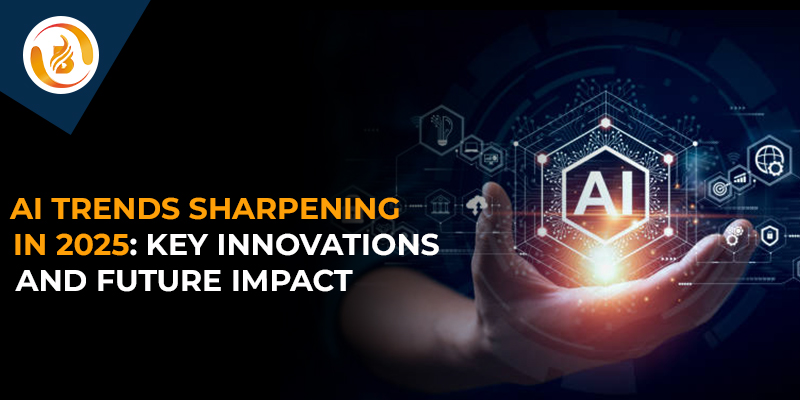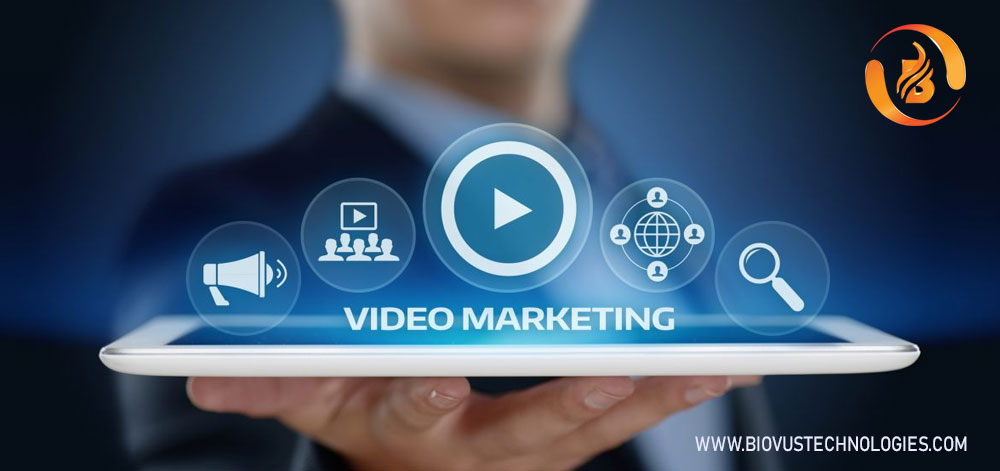Introduction
Artificial Intelligence (AI) has been spreading entirely in the digital world. Industrial sectors are shifting with AI and redefining the human way of life and work. They are extensive, as AI upgrades Healthcare, cyber security, and even artistic sectors. As we move towards digitalization, companies and technology players must keep their eyes on emerging trends that can make the true potential of AI while promoting responsible and ethical utilization. This blog looks into the most potential AI trends of 2025 and the analysis of data and insights supporting the predictions.
1. Evolution of AI Agents
We are progressing from basic chatbots to AI, capable of conducting complex and intricate tasks without human intervention. These computer assistants can access information from humongous data sets, employ strategic thinking to interpret what needs to be accomplished and execute tasks wonderfully.
Key Characteristics of AI Agents:
- Automate processes in various industries, including finance, Healthcare, and customer support.
- Decide through reinforcement learning.
- Work with minimal human intervention.

2.AI in Healthcare
AI helps the industry advance in the early detection of diseases, aiding in surgeries and designing individualized treatment plans. Machine learning algorithms examine the patient data to improve effective diagnosis and best treatment recommendations, hence becoming smarter.
Utilization of Health Care AI:
- Rapid Detection: AI algorithms effectively identify cancers and other ailments.
- Assistance during Surgery: Robots integrated with AI assist in achieving higher precision in complex surgeries.
- Medications: AI accelerates research and drug design and development.

3. Cybersecurity AI
Cyber security is one of the increasing threats, and therefore, AI technology is an absolute necessity for detecting and warding off cyberattacks. Security systems incorporate AI, which searches for unusual activity, anticipates future vulnerabilities, and inspects threats as they occur.
Highlights:
- Detection of Cyber Threats: AI identifies unknown excessive utilization of resources on the network.
- Self-acting Systems: AI responds immediately to avoid cyber attacks.
- Cyber Protection: AI enhances encryption systems and identity verification.

4. The Emergence of Generative Artificial Intelligence
Generative AI has numerous business applications, from writing the concept to video and image creation. Also, AI enhances the content creation, marketing strategies and customer support bots.
Types of Generative AI Applications:
- Document Generation: Computerized articles and promotional text creation.
- Image Generation: Production of photographic images and computer graphics.
- Video Making: Deepfake technologies use AI to depict real or non-existent people, images or videos.

5. Responsible and Ethical AI
Over time, AI integration will become increasingly prominent, presenting an imperative necessity to examine problems surrounding its usage. Businesses and governments emphasize fairness and responsibility in AI procedures and practices.
Ethical Principles of AI:
- Bias Mitigation: AI models should avoid discriminating for hiring and financial services.
- Transparency: Users must comprehend the steps involved in how AI came to an inevitable conclusion.
- Privacy Protection: AI must adhere to applicable data protection laws and provide utmost data security.

6. Advanced Natural Language Processing (NLP)
NLP is enhancing AI capabilities to interact and understand human language. AI chatbots, translation tools, and voice assistants facilitate increased human-computer interaction.
NLP in Action:
- More Smart Chat Bots: AI-driven personalized customer care agents.
- Voice Recognition: AI enhances the degree of accuracy in speech-to-text recognition.
- Real-Time Translation: AI makes world communication easier by breaking language barriers.

7. AI in Edge Computing
Edge computing and AI implementation make processing data in real-time possible. This is relevant for IoT devices, autonomous cars, and innovative city features.
Key Benefits:
- Decrease Latency: Enhanced performance due to faster data processing.
- Potential Efficiency: AI enhances the power efficiency of edge devices.
- Enhanced Security: Securing data with AI on the device strengthens information security.

8. Personalized AI Learning
Artificial intelligence enhances learning through education technologies and personalized learning requirements and performance.
Advantages of AI in Education:
- Learning Modes: AI adapts courses as per the student’s achievement level.
- Virtual AI Tutors: Virtual Tutors assist in a student’s learning process.
- Feedback and Assessment: AI scans and provides examinations and feedback.

9.AI in Creativity and Design
AI facilitates work for creative industries through support in fashion design, graphic design, and architecture. AI applications assist designers in coming up with new ideas more quickly.

10.AI for Climate Change and Sustainability
AI is used in green practices and sustainability, such as power management, monitoring climate change, and reducing emissions.
AI’s Role in Sustainability:
- Smart Grid: Better management of the electricity grid.
- Climate Changes: Application of AI in tracking the environment.

Conclusion
AI is revolutionizing sectors by increasing productivity and improving people’s experiences. The key points addressed in this blog discuss just how immense AI can be in 2025 and beyond. All these developments must be embraced, but they must be done in a way that enacts responsible and ethical AI practices. There are so many new technologies, so learning to make the most of them will be critical.
Visit us at: www.biovustechnologies.com







